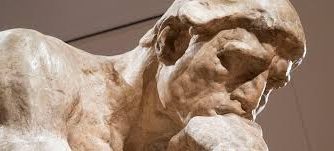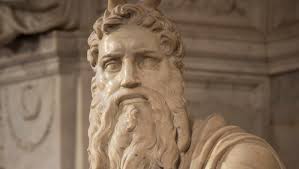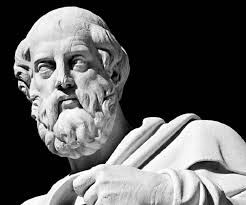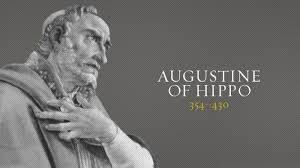My older son, who is my first-born child, emerged from the womb with bright, wide-open eyes taking in his new surroundings. “Are they always this alert?” I asked the doctor who’d just delivered him.
“No. That one’s going to require extra stimulation.”
Oh, how right that doctor was!
My son was busy, and a innovative, master Lego builder. He thought big thoughts and dreamed big dreams. He disrupted his first-grade class with too much socializing and talking after finishing all of his seatwork early and having nothing else to do. When I brought him home to home school, I worked hard to stay ten steps ahead of him. I wasn’t always successful.
One day in college he called me to have a philosophical chat, something we still enjoy doing. “I’m thinking about going into artificial intelligence,” he said. “But I’m worried about it. The moral implications. In the wrong hands, AI could be dangerous and disastrous. I just don’t know if I should do it.”
We chatted, and I gave him some things to think about. But mostly I just listened to him . I think he needed to hear himself talk, to lay out all of his pros and cons. And then make a decision.
Here he is, seven years later, wearing a Doctor of Philosophy robe and cap and holding a PhD in Robotics and Artificial Intelligence. Specifically Mechatronics—a technology that combines electronics and mechanical engineering.
And I think it’s ironic that I now have a Doctor of Philosophy in the family at a time when we’ve been studying philosophy and the great thinkers here on Meditation Mondays.
Now my son has a “great thinker” degree. And that’s what they encouraged him to do when he arrived on campus for his M.S. and PhD combined program.
At first, he thought it was pretty swell, being encouraged to stroll around campus, sit and think and take notes about his thinkings. He still does things like that, especially when he’s out hiking the Cascades or Snoqualmie with his trusty hiking buddy Nox, (my adorable Maltipoo granddog). But now he mostly thinks great, useful thoughts. Practical thoughts that produce designs and devices to help mankind. He knows the process of thinking and putting to the test great thoughts, but he’s more focused on the moral issues and ramifications.
For that, I’m grateful.
I hope his B-HAG (Big Hairy Audacious Goal) dreams come true!
Thanks for letting me indulge in family news the last two posts and let my pride ooze over a little more than it should.
See you back here on the 18th for some practical meditation!
Until then,
Make it a great week of (moral and ethical) thinking!
Andrea
May you prosper in all things and be in health, just as your soul prospers (3 John 2).
Photo courtesy of Andrea A Owan



 ARISTOTLE (384 – 322 B.C.)—Also a Greek, Aristotle was the first to systematically describe physics, biology, psychology, and the standards of literature. He was also the first true empiricist—one who believes in the scientific method of forming a hypothesis from observations and beliefs, asking a question, designing research to test the hypothesis, doing the research to gather data, and forming a conclusion based on the research findings. He is also identified as one of the first agnostics—someone unsure about whether there really is a living God.
ARISTOTLE (384 – 322 B.C.)—Also a Greek, Aristotle was the first to systematically describe physics, biology, psychology, and the standards of literature. He was also the first true empiricist—one who believes in the scientific method of forming a hypothesis from observations and beliefs, asking a question, designing research to test the hypothesis, doing the research to gather data, and forming a conclusion based on the research findings. He is also identified as one of the first agnostics—someone unsure about whether there really is a living God. AUGUSTINE (A.D. 354 – 430)—While St. Augustine of Hippo originally struggled to “find” faith in Christianity, he later became one of the most important and well-known theologians in Christian history. He also addressed the tug-of-war between science and religion.
AUGUSTINE (A.D. 354 – 430)—While St. Augustine of Hippo originally struggled to “find” faith in Christianity, he later became one of the most important and well-known theologians in Christian history. He also addressed the tug-of-war between science and religion.

 DAVID HUME (1711 – 1776)—Hume, a Scotsman, thought the entire world is formed from the perception of our sensory experiences and believed everything had to be measured and replicated in order to believed, He doubted that we could ever really know anything with certainty. Consequently, he believed that the miraculous, and whether God existed, were irrelevant discussions.
DAVID HUME (1711 – 1776)—Hume, a Scotsman, thought the entire world is formed from the perception of our sensory experiences and believed everything had to be measured and replicated in order to believed, He doubted that we could ever really know anything with certainty. Consequently, he believed that the miraculous, and whether God existed, were irrelevant discussions.
